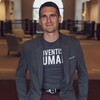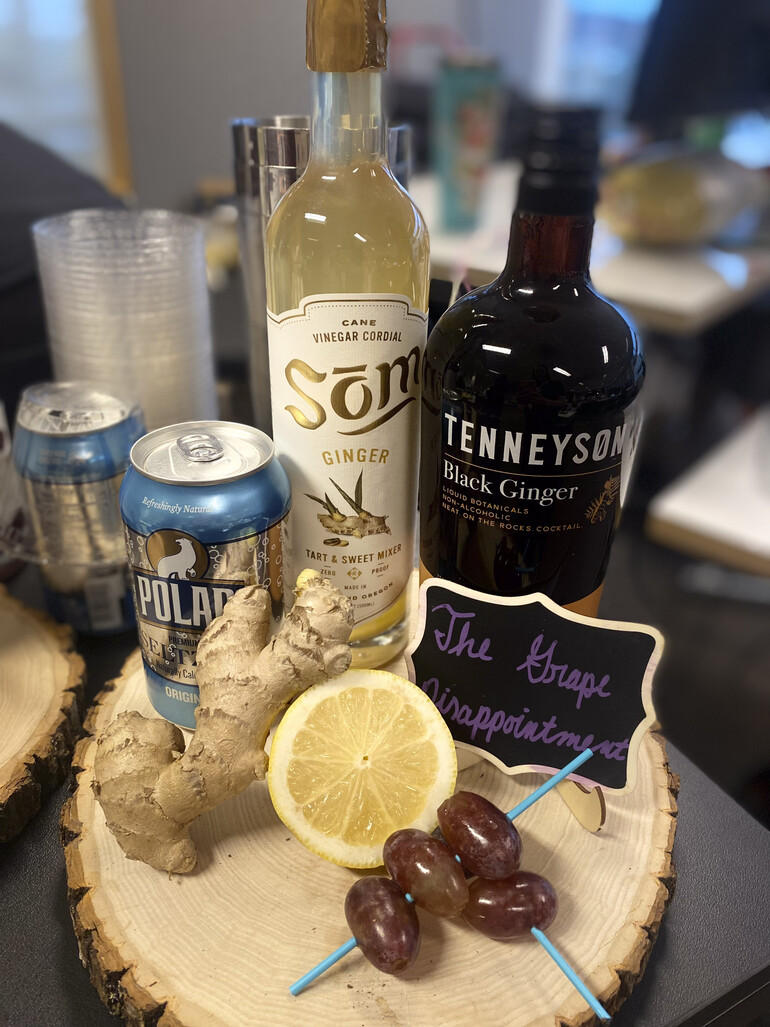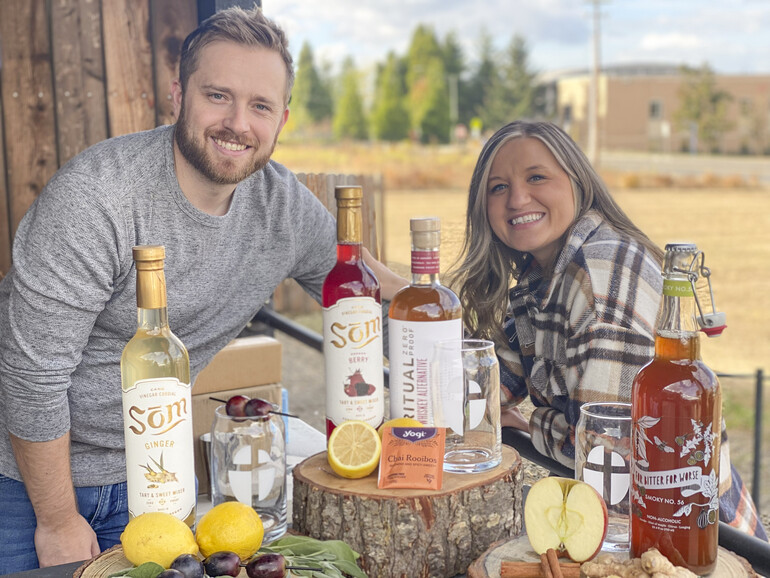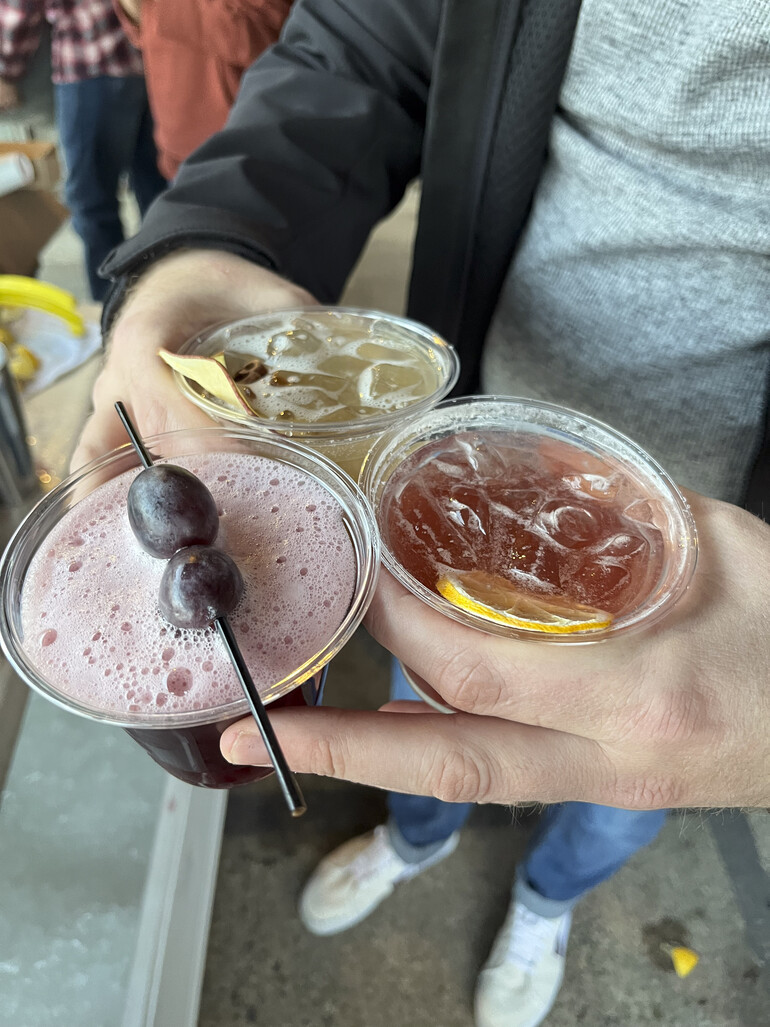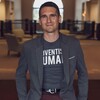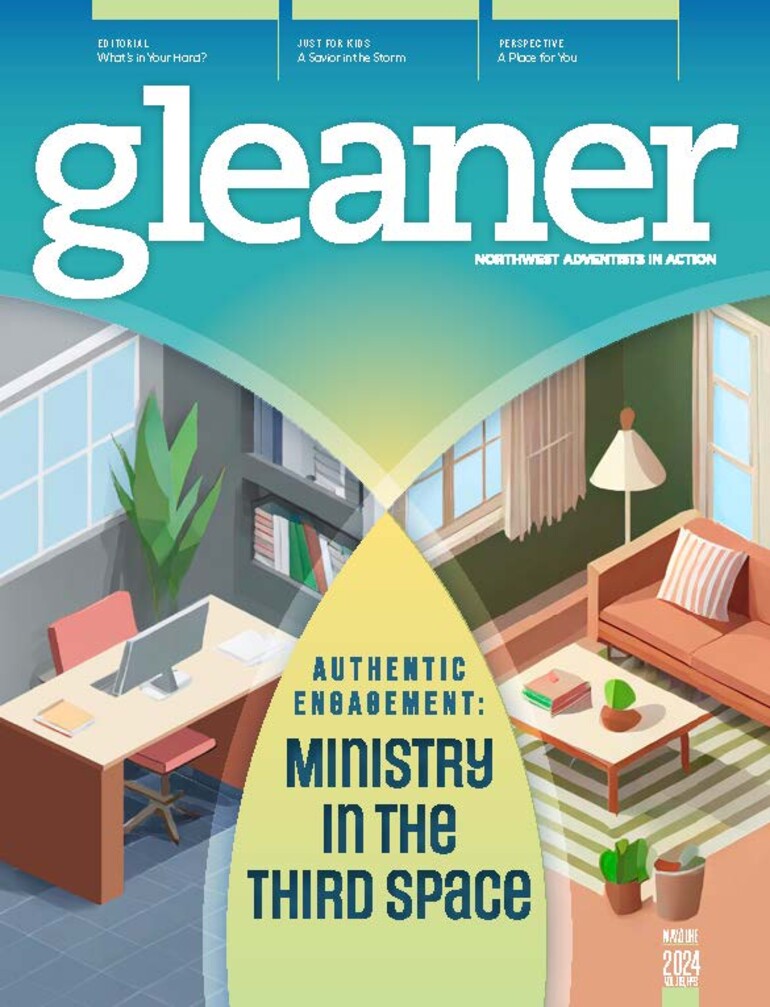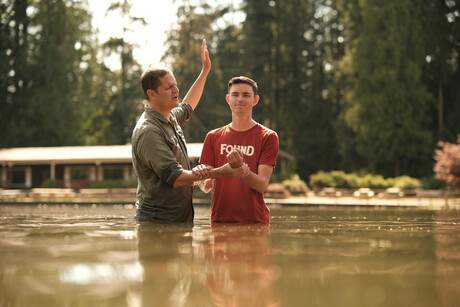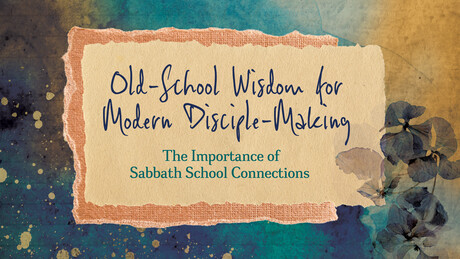"What if we’ve been going about evangelism all wrong?" That’s the question William "Billy" Hungate, a pastor who previously served at Sunnyside Adventist Church, posed as he wrote, “Believe, Become, Belong, Bless” in a vertical stack on a large sheet of paper in front of him.
“Traditionally, our evangelism starts with an evangelistic series that asks people to believe the things we do,” Hungate said, pointing to the first word. “Then you can become a Seventh-day Adventist through baptism. Once you’re baptized, you belong to our group. Then, after some trust is built and background checks come through, you can now bless people alongside us. That’s the basic trajectory we’ve had for people.”
Hungate next pointed to a particular and well-known passage from Ellen White’s Ministry of Healing, p. 143, “Christ’s method alone will give true success in reaching people. The Savior mingled with men as one who desired their good. He showed His sympathy for them, ministered to their needs and won their confidence. Then He bade them, ‘Follow Me.’”
“This was the way Jesus did ministry,” said Hungate. “Belonging came first. Then we see He blessed people. He healed them. After that, He asked them to believe and follow Him, which for us is the process of becoming a disciple of Jesus. That’s the trajectory we want to use at CLEAN.”
If you haven’t heard of CLEAN yet, the best way to describe it might be a combination of nonprofit addiction recovery ministries, small group meetings and a public-facing urban center of influence — all of which coalesce into the CLEAN ministry.
Its focus is small, intentional community groups aimed at helping people recover from addiction and connect deeply with a community that cares about them. Hungate, his wife, Chelsea, and several other individuals, many of whom have gone through the recovery process themselves, founded this initiative, where Hungate now serves full time.
“One of the common misnomers is that the opposite of addiction is sobriety, but that’s not really it. It’s community. And not a community like we might think of in a church, but a community of people who really know your deepest, darkest secrets and accept you anyway,” said Hungate.
“It's a group of people that can empower you to grow in your relationship with Christ. That’s one of the best things about recovery groups. People’s stories who have gone through this are basically the same at their core — they believed some lie about themselves like, ‘I’m not worthy of love’ or, ‘I’ll never be good enough,’” Hungate continued.
“Then Satan utilizes that and says, ‘This is what you need to do to cope with this psychologically.’ Whatever addiction someone is dealing with, they need to be fully known by people who understand what they’re going through,” said Hungate.
“We have to remember that addiction isn’t the problem,” Hungate said. “Addiction is a coping mechanism and a behavior connected to deeper things — things we often don’t talk about.”
According to Hungate, addiction can always be traced back to trauma, but that can look different from person to person.
“There are two types of trauma,” he said. “There are the big ‘T’ Traumas like divorces, deaths, things like that. But then there are the little ‘t’ traumas that are really hard to uproot. They become these negative scripts in our heads.”
The "little t traumas" are an integral part of Hungate’s own story. He recounted one of the ways they began to take hold in his life at a young age. His mother dreamed he would become a professional baseball player so he could “rescue” their family. If he played poorly, he had a massive hole in his heart because he thought, “I'm a failure. I didn’t do the one thing I was supposed to do — the thing I was created for.”
“We don’t have enough help overcoming the lies Satan plants in us or in seeing what God really says about us. That’s where real transformation takes place,” Hungate pointed out. “We pastors can preach all we want from the pulpit, but transformation doesn't happen until you have a few people around you who you can tell, ‘I acted this way,’ or, ‘I believe this thing,’ and can have them speak God’s life into you.”
One of the greatest obstacles to addiction recovery is isolation, and CLEAN exists to replace the feelings of hopelessness and isolation with those of connection and trust.
To do that, you need a space that doesn’t alienate people who aren’t ready to step through the doors of a church. A space that isn’t their workplace or their home. A third space.
“Before World War II the most popular third space was church. But after that, there was a lot of cultural and legislative change in the way we started designing communities and building houses and all of that. The number one 'third space' after World War II was the bar. With bars came a vice — more alcoholism. Two in every five people in the state of Oregon suffer from what some would call alcoholism,” said Hungate.
With this in mind, CLEAN began making plans for a unique ministry: a sober bar, which serves a wide variety of familiar drinks in a familiar setting — minus the alcohol.
In addition to pop-up events, micro church groups and recovery programs, CLEAN is laying the groundwork to open a permanent brick-and-mortar nonprofit location in the heart of Portland. As a nonprofit entity, the CLEAN sober bar’s proceeds will all be reinvested in creating recovery initiatives and spaces.
In discussing the look and feel of the place, Hungate shared they are not shying away from some of the traditional bar aesthetic.
“One thing we’ve done as Christians is look at things and said, ‘That’s not good,’ and avoided associating with it at all costs,” he said. “But what ends up happening is we lose our influence with people instead of doing anything that might pique their interest. If you pick up one of our bottles, it might look like alcohol, but if you read the ingredients, it’s good stuff instead.”
“We’re trying to make recovery cool,” said Hungate. “When we ask someone to come to church, we’re often asking them to cross so many cultural barriers to be there. If we’re asking people to cross more cultural barriers than we are willing to cross ourselves, then who’s really being the missionary? I believe it’s actually our job to cross more of those cultural barriers ourselves.”
CLEAN is launching a YouTube channel for their sober bar where they'll post stories and recipes. Visit @CLEANBARPDX to watch their first recipe demonstration of their original Busy Bee non-alcoholic drink. “The best part of CLEAN is we don’t just do juice,” commented Hungate.
Learn more about the CLEAN ministry by visiting their parent website at thecleanlife.org or by watching their sober bar come together at clean-bar.com.



